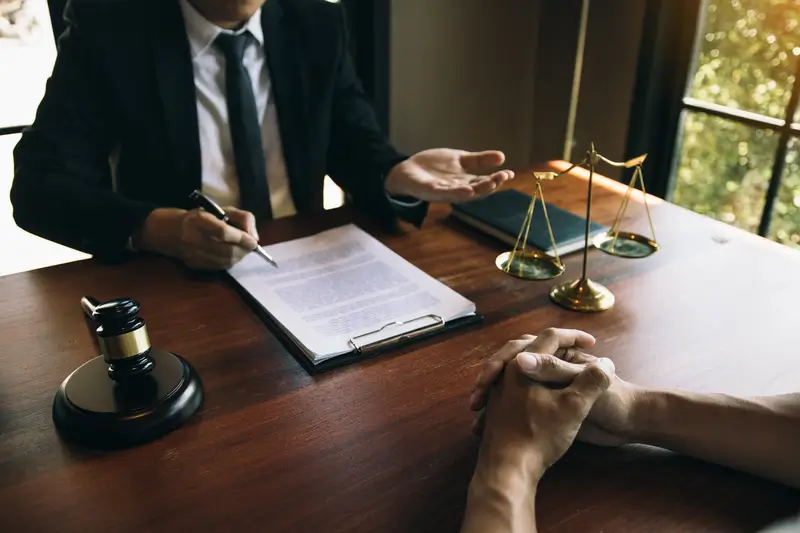Defense lawyers play a crucial role in the criminal justice system by meticulously building strong cases through detailed analysis of evidence and witness testimony. Their primary goal is to ensure that their clients receive a fair trial and that all relevant facts are thoroughly examined. To achieve this, defense attorneys begin by carefully reviewing all available evidence presented by the prosecution. This includes physical items, documents, surveillance footage, and forensic reports. By scrutinizing each piece, lawyers can identify inconsistencies, errors, or gaps that might raise reasonable doubt about their client’s guilt. Equally important is the defense lawyer’s examination of witness statements and testimonies. Witnesses can provide critical insights or, conversely, may unintentionally offer misleading or incomplete accounts. Defense attorneys assess the credibility of each witness by evaluating factors such as their relationship to the parties involved, possible biases, memory reliability, and behavior under cross-examination.

Through this process, defense lawyers can uncover contradictions or motives that might influence the testimony, which can be pivotal in shaping a compelling defense strategy. Another key aspect involves the preparation for cross-examination, where defense lawyers use their analysis of evidence and witness statements to challenge the prosecution’s case. By carefully crafting questions, they aim to expose weaknesses or inconsistencies, casting doubt on the prosecution’s narrative. This skillful questioning often helps create alternative explanations for the events in question or highlights procedural errors during the investigation that could undermine the credibility of the evidence or testimony. Moreover, defense attorneys often work with expert witnesses to interpret complex technical or scientific evidence. These experts can provide alternative opinions or explain the limitations and potential errors in forensic analysis, thereby strengthening the defense’s position.
Collaborating with experts ensures that the court receives a balanced understanding of the evidence, which may significantly impact the trial’s outcome. Defense lawyers also build strong cases by organizing evidence and testimony into a coherent narrative that supports their client’s innocence or reduces their culpability. They carefully plan how to present this narrative to the judge and jury, look what i found ensuring that it is both logical and persuasive. This involves anticipating the prosecution’s arguments and preparing counterarguments to maintain a consistent and credible defense throughout the trial. Defense lawyers build strong cases through a comprehensive and strategic approach to analyzing evidence and witness testimony. By meticulously reviewing materials, assessing witness credibility, preparing effective cross-examinations, utilizing expert testimony, and crafting a persuasive narrative, they work tirelessly to protect their clients’ rights and secure the best possible outcome in the courtroom.
